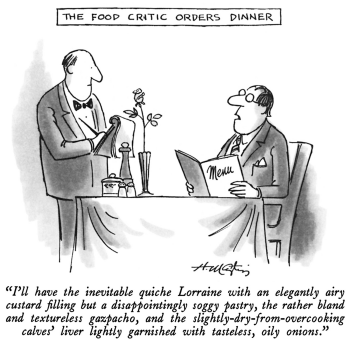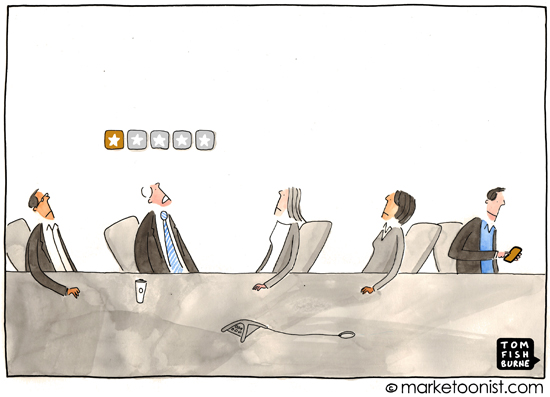I am not a big fan of celebrity gossip and don’t eat it up like chocolate. I hate chocolate. But for the sake of research, I wanted to find out which celebrities are likely to have hissy fits when criticized. Hollywood and criticism go together like chocolate and strawberries, after all. If you can’t handle the heat, acting is not for you. In fact, name me a job, any job, where you won’t face criticism.
(*thinking*)
Well, there is this vegetation-related job where the person’s only task is to count how many plants a commercial building has displayed. Seriously. He counts plants. And if a plant is missing, he needs to interrogate everyone in the building in order to find out why it’s missing, who’s hiding it, etc. I kid you not. This is an actual job.
But back to criticism and Hollywood. Here’s what my search turned up:
Apparently, Alec Baldwin kind of went bonkers when his Broadway show Orphans received a poor review. He had some choice words for the critic – words like “shriveled” and “Dickensian.” You’ll need to read the full article because I’m totally taking those words out of context.
My point is that criticism is part of any job. Statistics from our Sensitivity to Criticism Test reveal that people who have difficulty accepting criticism also tend to dislike their job – even if the feedback is offered in constructive way. Employees who are less defensive, on the other hand, tend to be happy with their job. Here are some of the other tidbits from our study:
- 29% of unsatisfied employees believe that their poor performance is due to the fact that the standards their customers, colleagues, or managers set for them are too high (compared to 15% of satisfied employees).
- 30% of unsatisfied employees view most people as being “cut-throat,” and believe that these same people intentionally use criticism to bring others down (compared to 16% of satisfied employees). #HatersGottaHate
- After receiving negative criticism, 43% of unsatisfied employees respond by becoming disengaged from their job. They work less hard and put in the bare minimum effort to get tasks done (compared to 18% of satisfied employees).
- 44% of unsatisfied employees feel insulted when someone rejects their ideas (compared to 29% of satisfied employees).
- When they recognize that the criticism they receive is justified, 47% of unsatisfied employees indicate that this realization makes them feel like a failure (compared to 23% of satisfied employees).
- 48% of unsatisfied employees feel degraded when people point out their mistakes (compared to 24% of satisfied employees).
- 48% of unsatisfied employees indicate that others will often avoid offering them advice or an opinion for fear that they will get offended (compared to 31% of satisfied employees). Like how husbands tiptoe around the “Does this make me look fat?” question. Guys, I totally sympathize.
- 55% of unsatisfied employees don’t like being given orders or being told how to do something (compared to 38% of satisfied employees).
- 59% of unsatisfied employees get discouraged when they’re told that they haven’t done their best work on a project (compared to 39% of satisfied employees).
- 74% of unsatisfied employees are very hard on themselves when they fail (compared to 54% of satisfied employees).
Aside from being sensitive to criticism, our study also reveals that 79% of unsatisfied employees also have self-esteem issues. Another 66% of them received an “Average” or “Below average” rating in their last performance review. All of these issues can contribute to employee disengagement, low morale, and low job satisfaction.
The bottom line: Knowing how to handle criticism is a necessity in almost any job field. The higher you climb the career ladder or the more successful you become, the thicker your skin will need to be.
Love criticism and love your critics. They’ll only make you smarter, better, and stronger.
Insightfully yours,
Queen D



